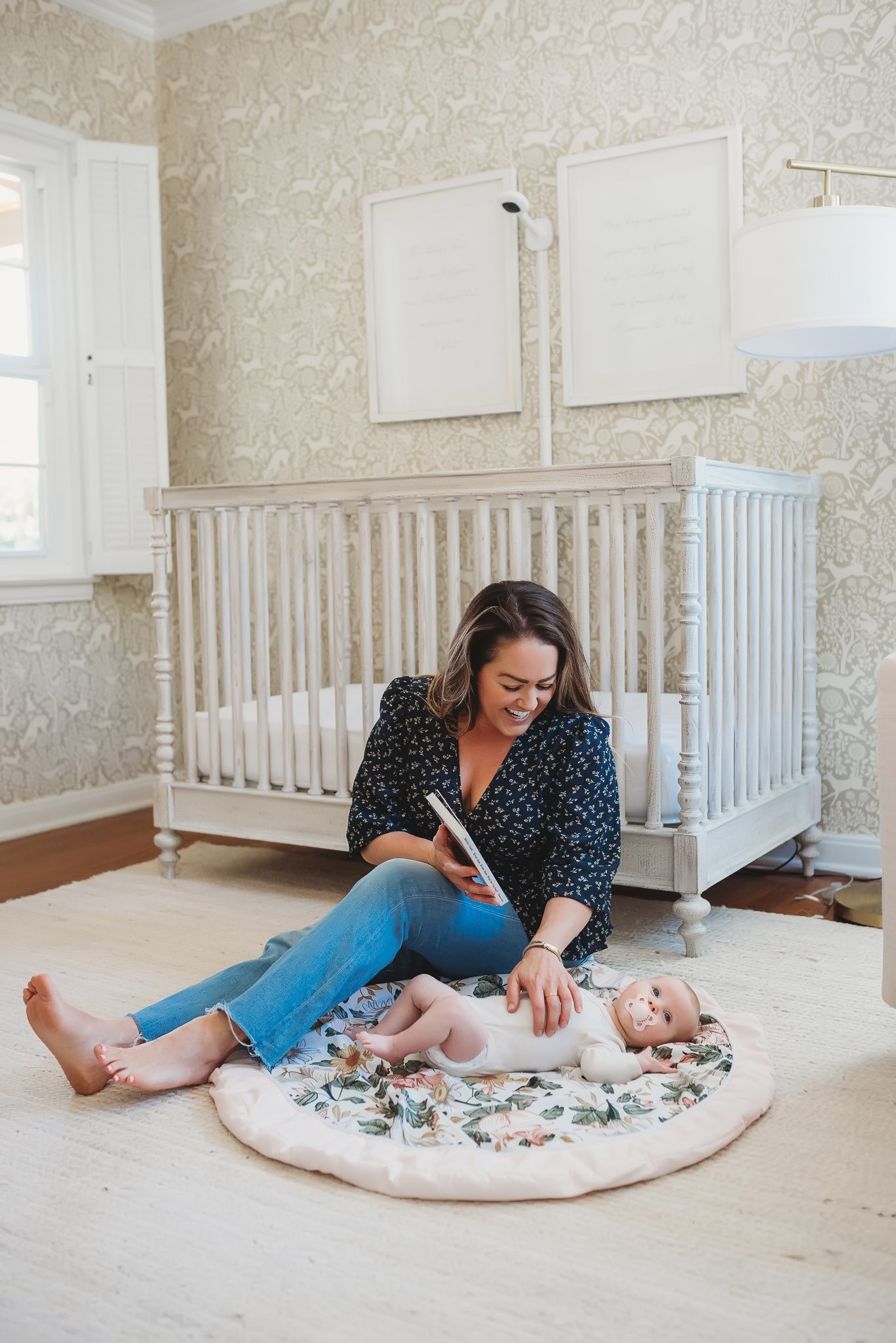Our Approach
We work with your unique needs to identify what works best for your family—right now—and we’re always ready to adjust as your baby grows. Our methods are adaptive to blend various strategies to suit your child’s age, temperament, and developmental stage.
By focusing on creating a secure, nurturing environment where sleep habits develop naturally, with minimal stress and maximum support, our approach ensures your baby’s emotional needs are met every step of the way.
Sleep plans are not one-size-fits-all
Every little one is unique and as they grow, their sleep patterns, habits, and needs evolve too. What your baby needs at 3 months is completely different from what they’ll need at 9 months, 18 months, or even 2 years old. Not only is our approach customized to your child, it is also responsive to these ongoing changes.
Ongoing Support When You Need It
The misconception that sleep training is a one-time solution often leaves parents frustrated when they hit bumps in the road months later. Key developmental milestones—like rolling over, crawling, or learning to walk— often bring about excitement but they are new experiences that can also affect your baby’s ability to settle down and rest.
Whether it’s dealing with nap transitions, nighttime waking, sudden sleep regressions, or external factors like travel, illness, or teething - we’re here to guide you through each stage providing you with the support, answers, or adjustments you need to get your baby back on track with minimal stress.
As Your Baby Grows,
So Do Their Sleep Needs
-
In the earliest months, sleep is primarily physiological. Newborns operate on instinct - waking to feed - and sometimes needing the closeness and comfort of a caretaker to help cultivate a close bond and attachment. Establishing healthy sleep habits at a young age is mostly about building a routine that aligns with your baby’s natural rhythms, and responding to your baby’s needs.
-
At this stage, your baby is becoming more aware of their surroundings, moving a lot, and exploring new sounds. Sleep patterns also begin to regulate and consolidate. Your baby is now capable of learning longer stretches of sleep, particularly at least one longer stretch during the nighttime, and taking 2-3 naps during the day. At this age, we often introduce gentle strategies to promote independent sleep while continuing to respond to your baby’s needs. Babies may still need a feeding or two during the night, but we work to adjust daytime routines and caloric intake so these nighttime feedings become a distant memory of the newborn months.
-
As your baby starts to understand the world around them, they may prefer to play over anything else - playing is way more fun than eating or sleeping! At this stage, your baby may resist changes to their established sleep habits which can lead to frustration, and this is where our flexible approach becomes critical. While there are many ways to get babies to sleep, we help you find the way that works best with both your baby’s temperament and your parenting style.
-
By the time your child reaches toddlerhood, they are beginning to test boundaries and assert independence, which can bring new sleep challenges, such as resistance to naps and bedtime. Often at this stage, we look at behavioral components that may be adding to your sleep troubles, in addition to your child’s changing sleep needs. Making adjustments to your toddler’s sleep routines may require different strategies from when they were younger, to manage their growing independence while still encouraging healthy sleep habits, and establishing loving but firm boundaries.





